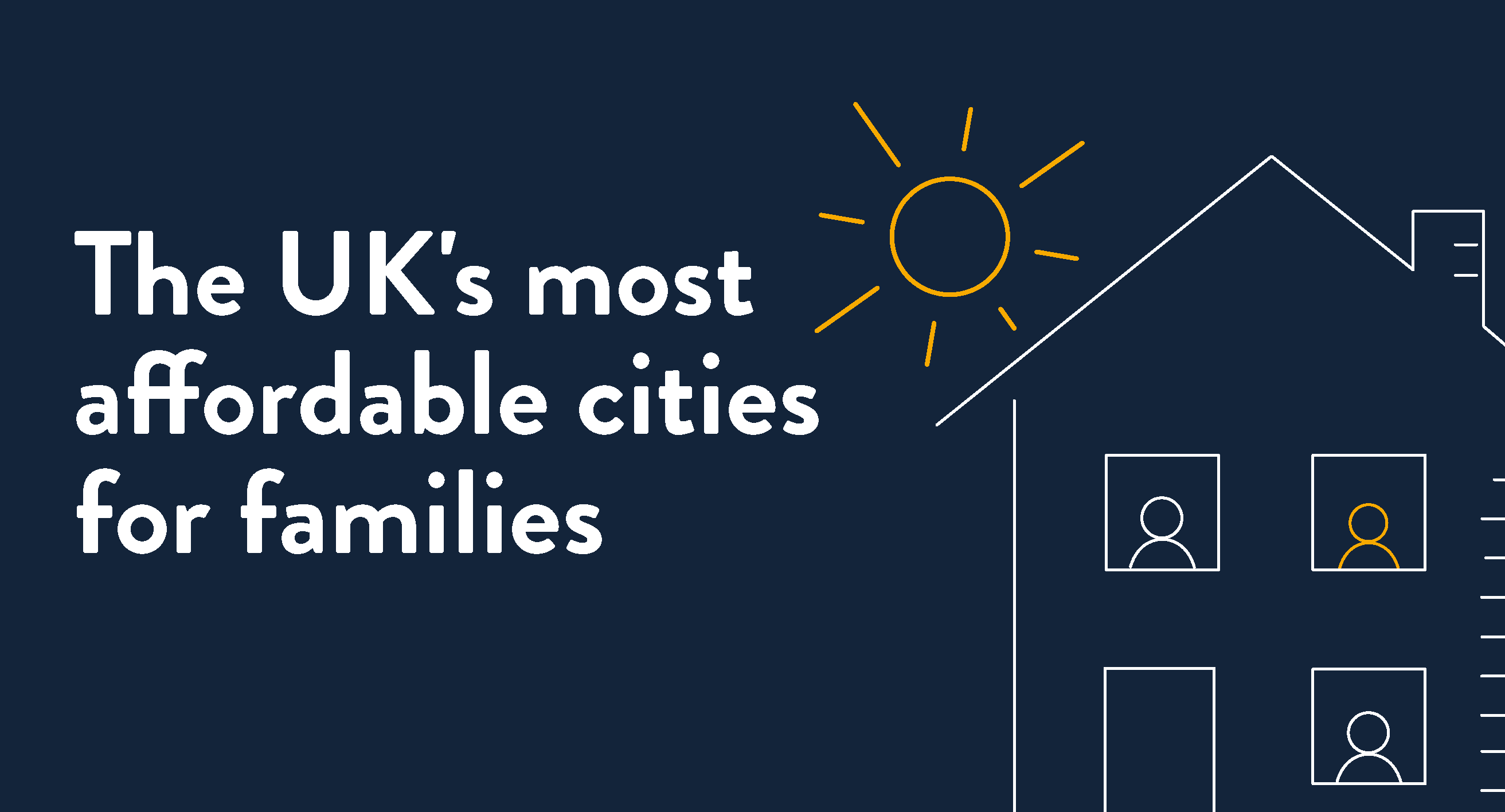
Achieving financial stability is a common aspiration, but making extra money that you can then invest is one step up, as over time your investment can grow, making life more comfortable. Whilst it’s easier said than done, there are plenty of different ways that you can make extra money to invest for the years ahead, it’s just a case of finding what works for you.
Looking for help with investing extra money you make? Shepherds Friendly has a range of flexible investment plans for you to consider which we will explore throughout the article, along with ideas for you to increase your income.
Benefits of Making Extra Money
Although making extra money can come at a cost to your time and energy, there are plenty of benefits to doing so if you find the right way for you. The biggest perk is that it can mean you have more disposable income, which can help you reach savings goals, give you added financial security, or it act as an emergency fund should you ever need it. More money could also be used to support your lifestyle, whether that’s general costs or helping you to look after your children, for instance. Then, on the other hand, extra cash could be put aside for your future, such as saving for retirement. As well as this, being able to invest is more achievable if you have more money in your bank account.
How to Make Extra Money
As there are so many different ways to make extra money, there is something to suit each individual. If you weigh up your options and think about which ways of earning more are viable for you and the earning potential for each, you can make an informed decision about which method might work best for you. You could even try a few different options to begin with, to see which you like more. Some examples of how to make extra money are as follows.
Second Job
Although it might not be sustainable over the long-run, depending on your current livelihood and lifestyle, getting a second job can be a great way of boosting your income in the short-term. If you already work part-time, then you could consider another role that works around this. If you work full-time, freelancing on the side could be a preferable option to offer you more flexibility.
With this, you need to ensure that taking on another role is doable and not something that will drain all your time or lead to burnout. Not only can a second job give your bank account a boost, but it also provides you with more work experience and opportunities, all whilst increasing your income stream.
Think about what skills you could bring to a new role – whether it’s similar to what you currently do, or something you want to learn more about. You could start your own enterprise if you feel confident enough to do so. Alternatively, you can explore online and see what roles are available or speak to recruiters in your desired industry. Consider roles that could work for you with your current schedule – for example, freelance digital roles, customer service roles you could fulfil on the weekend, or something you can do more independently such as part-time dog walking. These are just a few examples – think about what you might enjoy and are equipped to do, then start researching the possibilities. Speak to people you know to see if they know of any opportunities that you could take up.
Selling Items
If you look around your living space, you can probably see plenty of items in your home that are unused and unloved – but this doesn’t need to be the case. Why not sell some items if they could be of use to someone else? All you have to do is take pictures, type up descriptions, and upload them to on an online marketplace, such as:
- Etsy
- eBay
- Depop
- Vinted
- Facebook Marketplace
- Specialist online stores looking for certain types of items, such as WeBuyBooks
This is a relatively straightforward way to make money whilst decluttering your home or wardrobe. However, keep in mind that you might not be able to sell everything that you want to with ease, but it’s always worth a shot if you believe you have things to sell that could be of value to someone else. Making money this way gives you a lot of freedom though, as you’re doing it on your own terms.
Please note that online trading may require you to notify HMRC of your earnings depending on Trading Allowances. You should keep a note of how much money you make when selling items, as you have a £1,000 tax-free government allowance on trading. Check the gov.uk website for more details on this.
Online Tutor
Becoming an online tutor is something that you could consider if you have strong communication skills and enjoy helping others. This can be free to start, depending on what you’re offering, but it can take a while to find clients and gain traction. Some tutoring platforms require you to have qualifications, checks, or interviews, such as if you wanted to teach English through certain sites. Therefore, make sure to do plenty of research into what you might need to have in place before you get started.
If you already have skill in a certain subject that there is a demand for, then you could even start your own business teaching people, as opposed to signing up to an online platform. This would most likely take a longer time to build up a client base but could prove to be more rewarding in the end.
Investing Extra Money
Wondering what to do with the extra money you make? Investing some of it is always a sensible route to take. Just as there are plenty of ways to make more money, there are also plenty of ways to invest it to maximise the potential to grow its value and enhance your future. You could consider savings accounts, ISAs, physical assets such as gold, to name a few options.
You don’t need a huge amount of money to invest, as you can start small by putting aside what you can as and when, which can gradually build up over time. Having a diversified portfolio where you spread your money across various investment types can help to reduce risk, as this way you’re not reliant on one form of investment. For many investments, it’s recommended that you keep them in place for five years or more to give your assets better growth potential. So, with this in mind, it’s often the case that the sooner you get started on your investment journey, the better.
Shepherds Friendly have been helping members to invest their money for almost 200 years, with easy-to-manage investment plans, including the following:
Stocks and Shares ISA
A stocks and shares ISA (Individual Savings Account) is an investment plan that can help you to gradually build up your money over time, through lump sums or monthly deposits. There are plenty of reasons to opt for this kind of investment, as you can enjoy tax-free returns on any gains it makes. ISAs have also historically proven to outperform cash-based accounts and plans in the long term.
Shepherds Friendly’s Stocks and Shares ISA is a low to medium risk investment. Our investment plans are carefully managed with a focus on smoother growth, as our expert fund managers work to manage and protect our member’s ISAs from the sharp ups and downs the stock market experiences. Due to this, we’ve been able to give our members a bonus since we launched our Stocks and Shares ISA in 2008. This is a hassle-free, simpler way to invest.
Remember, when you invest your capital is at risk.
5 Year Fixed Rate Bond
You may be wondering ‘what is a fixed rate bond?’. A fixed rate bond is a plan that locks you into your investment for a set period of time and a set interest rate. Once you have agreed to the amount of money you want to deposit for what timeframe, you cannot change this – you contribute a lump sum for this period.
Providers offer various interest rates and terms based on the current economy, but typically locking your money in for longer periods equals higher interest rates and possible returns. Shepherds Friendly provides a 5 Year Fixed Rate Bond which allows you to invest between £1,000 and £125,000. All of the money you deposit in our 5 Year Fixed Rate Bond is protected by the FSCS (Financial Services Compensation Scheme).
Fixed Rate Bonds are considered a safer investment option, as you know how much money you will receive at the end of the fixed term. Although this is the case, no investment is without any risk, as in this case, inflation rates over the long term can be unpredictable and the value of money can go down, which would impact your return on investment.
Junior ISA
If you have children, investing money into an investment plan for them is a way to prepare them for adulthood. With Shepherds Friendly, you can get started with a Junior ISA from just £10 monthly or a lump sum. Your friends and family members can also contribute to this savings pot, allowing it to grow even further.
A Junior ISA is similar to a Stocks and Shares ISA, but it’s for children under the age of 18. You can gradually build their nest egg up over time, and your child can then access the account from their 18th birthday. They’ll have the option to turn their plan into an adult ISA and continue saving, or to put the money towards something important to them, whether that’s their first car or home deposit.
When you invest, your capital is at risk.
In summary…
Overall, making extra money can be extremely useful if it’s doable for you. If you do decide to do this, there are a number of advantages, including building your wealth and making you more financially secure. Investing some or all of this extra money is also something advantageous as it can help you achieve big financial goals, such as putting down your first home deposit.
With the help of an investment plan, your money has more of an opportunity to grow and you could reach your goals more quickly. For more information on how Shepherds Friendly could help you with this, please see our available investment plans.
Remember: When investing, your capital is at risk. In poor investment conditions, a Market Value Reduction (MVR) may be applied.
Please note: As of January 2024 we have updated the bonus payment schedule to every three months (quarterly) instead of once a year. Past bonuses are not a guarantee of future bonuses.


